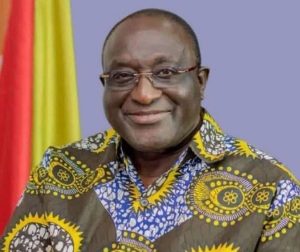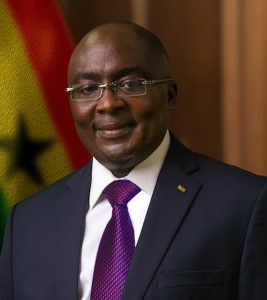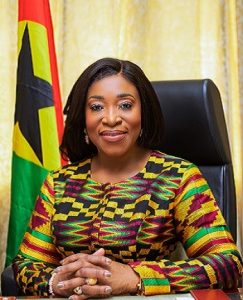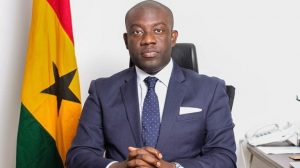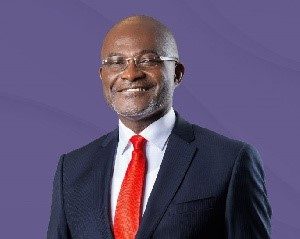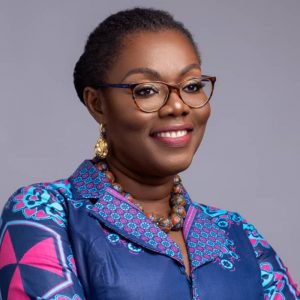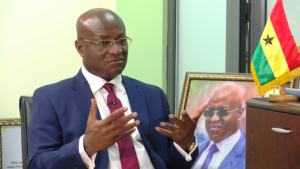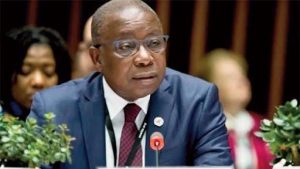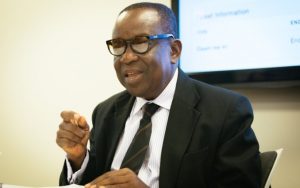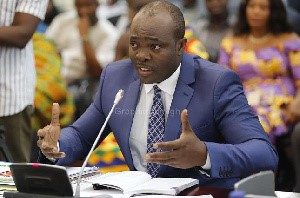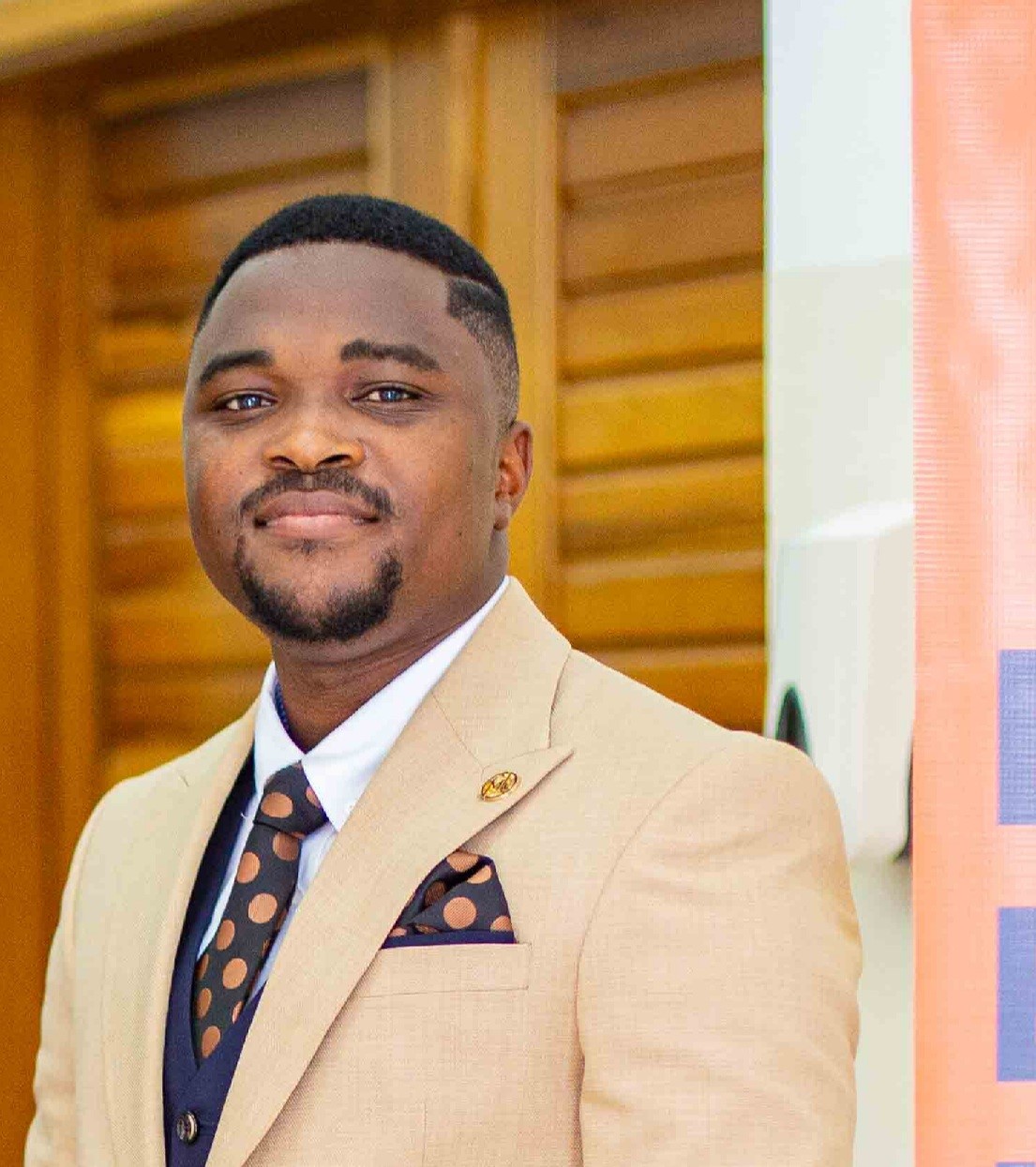Ghana’s democracy has seen a transition of power through peaceful elections, and the need for effective successors to continue the country’s progress is paramount as the tenure of Ghana’s current president, Nana Akufo-Addo, nears its end, political pundits and citizens alike are already speculating about who could be the best successors to lead the country in the coming years. Akufo-Addo, who took office in January 2017, has made significant strides in areas such as education, healthcare, and infrastructure during his tenure. However, as he prepares to step down, the focus shifts to identifying potential leaders who can build on his successes and continue the country’s progress. In this article, we will explore ten potential successors of Nana Akufo-Addo and why they are considered among the best choices to lead Ghana into the future. These potential successors include; Alan Kyerematen, Dr. Mahamudu Bawumia, Shirley Ayorkor Botchwey, Kojo Oppong Nkrumah, Kennedy Agyapong, Ursula Owusu-Ekuful, Osei Kyei-Mensah-Bonsu, Kwaku Agyeman-Manu, Albert Kan-Dapaah and Isaac Asiamah.
Alan Kyerematen
Alan Kyerematen, popularly known as Alan Cash, is a seasoned politician and businessman who has served in various capacities in government. He recently resigned from the position of Minister for Trade and Industry in Akufo-Addo’s government. During his time of service, he was instrumental in driving economic growth through trade and investment policies. Kyerematen is known for his excellent negotiation skills and has been successful in attracting foreign investment to Ghana. With his vast experience in both politics and business, Kyerematen is seen as a capable leader who can continue to foster economic growth and create job opportunities for Ghanaians.
Dr. Mahamudu Bawumia
Dr. Mahamudu Bawumia is the current Vice President of Ghana and has been a key figure in Akufo-Addo’s administration. He is an economist with a solid track record in the public and private sectors. Bawumia is known for his expertise in economic management, financial policy, and fiscal discipline. He has been actively involved in efforts to digitize Ghana’s economy and has championed initiatives such as the National Identification System and the Mobile Money Interoperability project, which have contributed to the country’s economic development. Bawumia’s leadership skills and economic acumen make him a strong contender for the presidency.
Shirley Ayorkor Botchwey
Shirley Ayorkor Botchwey is the current Minister for Foreign Affairs and Regional Integration in Akufo-Addo’s government. She has been actively involved in Ghana’s foreign relations, promoting diplomatic relations with other countries and advocating for Ghana’s interests at the international level. Botchwey has also been involved in efforts to promote trade and investment, and she has been a major advocate for women’s empowerment. Her experience in international relations and her commitment to Ghana’s development make her a potential successor to Akufo-Addo.
Kojo Oppong Nkrumah
Kojo Oppong Nkrumah is a young and dynamic politician who currently serves as Ghana’s Minister for Information. He has been at the forefront of government communication efforts, advocating for transparency, accountability, and citizen engagement. Nkrumah has been actively involved in shaping government policies, especially in the areas of media and communication, and he has been recognized for his efforts in promoting digital innovation and entrepreneurship. His fresh perspective, communication skills, and commitment to good governance make him a potential candidate for Ghana’s presidency.
Kennedy Agyapong
Kennedy Agyapong is a well-known Ghanaian politician and businessman known for his outspoken and fearless approach in addressing social, political, and economic issues. He has served as a Member of Parliament for Assin Central constituency and has gained considerable experience in Ghanaian politics. Agyapong’s unwavering commitment to anti-corruption efforts, business acumen, and loyalty to the New Patriotic Party (NPP) align with President Akufo-Addo’s agenda. However, his confrontational style and controversial nature have also drawn criticism, and he would need to balance his outspokenness with the need for inclusive and constructive leadership as a potential successor to Akufo-Addo.
Ursula Owusu-Ekuful
Ursula Owusu-Ekuful is the current Minister for Communications and Digitalization in Akufo-Addo’s government. She has been a driving force behind Ghana’s efforts to digitize its economy and promote digital inclusion. Owusu-Ekuful has been involved in policy-making and implementation in areas such as telecommunications, cybersecurity, and e-commerce. She has also been a vocal advocate for gender equality and has championed initiatives to empower women in the digital space. Her expertise in digital transformation and her commitment to social inclusion make her a potential leader for Ghana’s future.
Osei Kyei-Mensah-Bonsu
Osei Kyei-Mensah-Bonsu is a seasoned politician and the current Majority Leader in Ghana’s Parliament. He has been actively involved in legislative affairs, leading the majority caucus and advocating for government policies in Parliament. Kyei-Mensah-Bonsu has been known for his leadership skills, negotiation abilities, and commitment to the development of Ghana. He has also been a strong advocate for infrastructure development, especially in rural areas. His experience in legislative affairs and his dedication to Ghana’s progress make him a potential successor to Akufo-Addo.
Kwaku Agyeman-Manu
Kwaku Agyeman-Manu is the current Minister for Health in Akufo-Addo’s government and has been at the forefront of Ghana’s efforts to improve its healthcare system. He has been actively involved in policy-making and implementation, leading efforts to expand access to quality healthcare, improve health infrastructure, and promote health insurance schemes in Ghana. Agyeman-Manu has also been recognized for his leadership during the COVID-19 pandemic, overseeing Ghana’s response efforts and coordinating vaccination campaigns. His experience in the health sector and his commitment to improving healthcare for all Ghanaians make him a strong contender for the presidency.
Albert Kan-Dapaah
Albert Kan-Dapaah is a seasoned politician and the current Minister for National Security in Ghana. He has been actively involved in efforts to safeguard Ghana’s national security, combat terrorism and organized crime, and maintain law and order. Kan-Dapaah has also been involved in policy-making and implementation in areas such as defense and intelligence. His experience in national security, his commitment to upholding Ghana’s sovereignty, and his leadership skills make him a potential candidate for the presidency.
Isaac Asiamah
Isaac Asiamah is the current Minister for Youth and Sports in Akufo-Addo’s government. He has been actively involved in efforts to promote youth development, sports participation, and sports infrastructure development in Ghana. Asiamah has also been a strong advocate for the empowerment of young people and has championed initiatives to create employment opportunities for the youth. His expertise in youth and sports issues, his commitment to youth empowerment, and his passion for sports make him a potential candidate for Ghana’s presidency.
From seasoned politicians to young and dynamic leaders, these individuals have demonstrated their commitment to Ghana’s development through their contributions in various sectors such as governance, economy, social justice, health, education, gender equality, and youth empowerment. The best successors are those who have a track record of integrity, leadership skills, commitment to social justice, and the ability to mobilize support for their vision of Ghana’s future. They must also have a deep understanding of Ghana’s challenges and opportunities, and a clear plan to address them. These individuals have shown their dedication to the development of Ghana and have the potential to build upon the achievements of the Akufo-Addo administration, while also addressing the country’s pressing issues and promoting inclusive growth.

